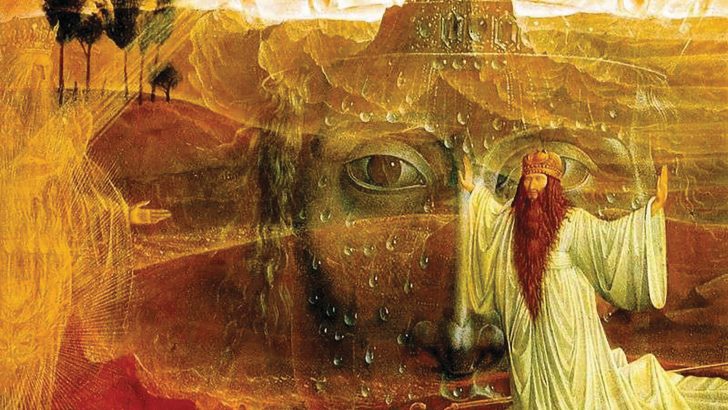Every Bush Aflame: Science, God, and the Natural World
by John Feehan (Veritas, €16.99/£14.61)
Dr Christopher Moriarty
The first creation story in the Bible – the ‘six day’ account – is remarkable in being, in its essentials, a scientific document. Its writer observed nature and made deductions from his observations. Above all, he postulated the need for time and a logical order of events to create the universe as he knew it.
Only a relatively small number of believers give any credence to the literal accuracy of that account nowadays. Generations of scientists, over the course of some thousands of years, have added their observations and provided us with a very much more detailed and credible account.
The scientists have created a vast body of knowledge on the nature of the universe, the structure and variety of objects – living and non-living – and how they work. The great question that pure science on its own doesn’t approach, let alone answer, is ‘Why?’
Many scientists, therefore, take the step of believing that there is no answer, it all happened by ‘chance’. In parallel with them are a host of other philosophers, many scientists among them, who hold that the self-same universe is, equally, clear evidence of the existence of a conscious being, known throughout Christianity as God.
Environmental
John Feehan is one such. A onetime lecturer in environmental science at University College Dublin (UCD), he has written excellent books both on the material environment and the relationship between land and people with the Holy Spirit.
His new book, Every bush aflame, is one such, inspired in part by Pope Francis’ encyclical Laudato Si’, and, in part, by his own concern with current threats to biodiversity caused, by and large, by the achievements and activities of human beings– a species of animal among the latest to evolve.
Although this reviewer found it difficult to follow as a whole, this book can be acclaimed for its generous content of gems of thought and fact which make it an inspiration to dip into again and again.
Central theme
A central theme is the inter-connectedness of all material objects insofar as the ultimate building blocks of everything are quanta, which are units of energy. Their nature is understood only by people with an uncommonly advanced grasp of mathematics.
A little easier to understand, if hard to explain, is the near certainty that all living things are directly related to each other. Life on earth was created once and once only. Expand this philosophically and realise that not only humans and the higher animals but every microscopic organism should be accounted as creatures of the God that we worship and therefore worthy of a level of respect as fellow-beings.
This concept leads at a very much more appreciable level to the need for us to support the recently developed ideals of protecting the world from global warming and plant and animal species, known and unknown from extinction.
The author supports his argument by a wonderful presentation of facts about nature and relevant quotations from philosophers and poets, most of them with well-known names and personalities, but some, such as the writers of various Biblical psalms, are now totally anonymous to us.
A pleasing note to end on in the context of respect for nature is the reminder of the belief of St Francis in our brotherhood with birds and beasts and the less well-known traditions of similar views on the part of such Irish saints as Ciaran and Columbanus who lived and preached centuries before him. Good ideas don’t ever fade away.


 The essential relationship between
humanity and the rest of nature. Photo: Christopher Moriarty.
The essential relationship between
humanity and the rest of nature. Photo: Christopher Moriarty.